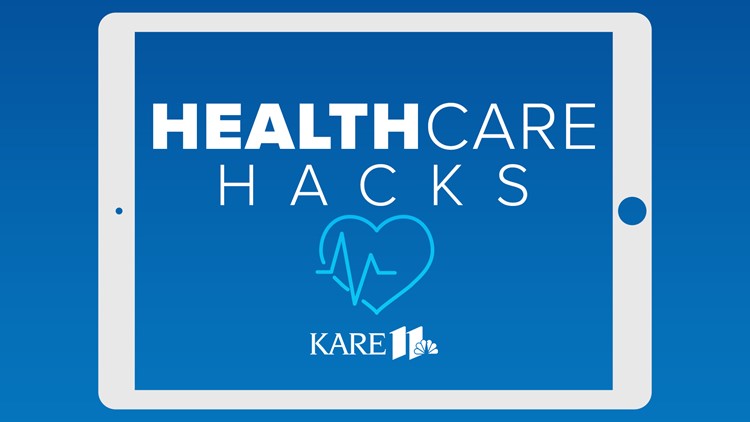GOLDEN VALLEY, Minn. — Watch Health Care Hacks on YouTube!
So you have a sore throat. Where should you go to see a doctor? Emergency room? Urgent care? Minute clinic? Your regular doctor?
Our health care hacker Jonathon Hess of Athos Health breaks down some of the cost differences among your options.
Emergency room
If you need to seek immediate care, the emergency room is often an appropriate place to go. It's also the most expensive, because you pay for the E.R. facilities, and then typically the doctors bill separately. An E.R. visit will generally cost you several thousand dollars.
Urgent care
The next most expensive option is urgent care. An urgent care facility has shorter hours than an emergency room, and may see slightly less critical-level patients. These usually have higher co-pays or costs than just visiting your doctor's office.
Doctor's office
You can always schedule an appointment with your doctor. If you don't want to wait for an opening, this may not be feasible. But if you have an issue that is not urgent, this may make sense in some cases. It will be treated like a typical office visit and you can pay your copay or pay a fee that goes toward your deductible. This might run you closer to a couple hundred dollars.
In general, you may spend two to three times more at the E.R. than at urgent care, and two to three times more at urgent care than you will at the doctor's office.
Retail clinic
There's also the option of a minute clinic or retail clinic. These have been popping up in drug stores and convenience stores around the country. An appointment here can be a cheaper way to get simple tests. For example, if your child has a sore throat, they can get tested for strep at a minute clinic. It's a relatively easy way to seek care, and usually the most cost effective of the options we've explored so far.
Medical hotline
There is one option that you might not even know you have. A lot of employers are now offering medical hotlines. These are programs where you can schedule an appointment with a doctor over the phone or online, to see if you need an antibiotic. You can get your first level of care for things like strep throat, urinary tract infections, or the flu and cold. They may still send you to a doctor, but they can usually take care of the simple things. And this option is often free of charge, if your employer offers it.
If you have a question about your health care costs, or a topic you'd like us to cover in Health Care Hacks, email us at healthcarehacks@kare11.com.



